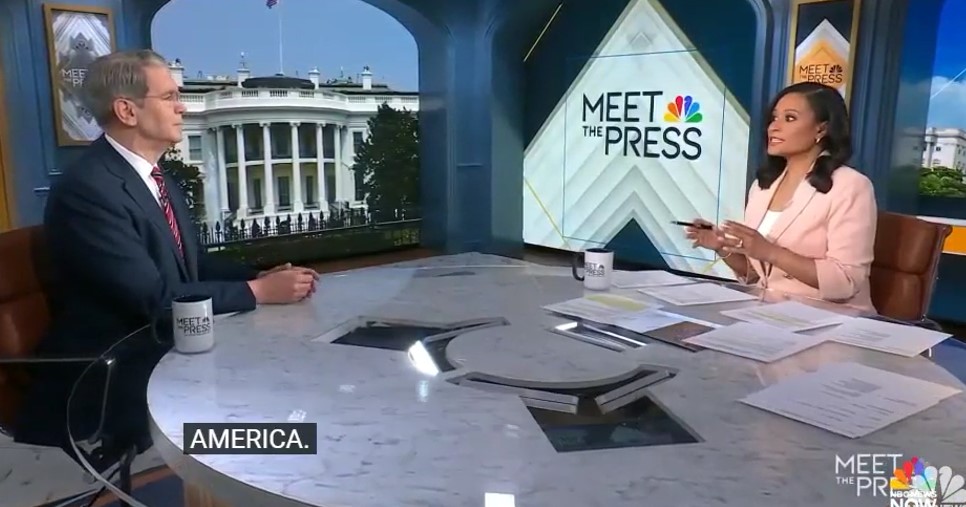Let’s say you’re being interviewed by a reporter or taking questions from the public during a community meeting. You get a question that includes the word “guarantee” in it. Alarm bells should go off in your head and a red flag should be waving in your mind. You are now facing the guarantee trap. You don’t want to step into it by repeating the word in your answer.
Why not repeat the word? Well, let’s illustrate by assuming you’re a government economics official and you’re asked to guarantee that there will be no recession. If you say, “Yes, I can guarantee there will be no recession…” and you turn out to be wrong, you could be accused of incompetence or outright lying. If you answer, “No, I can’t guarantee there will be no recession,” or say, “There are no guarantees…”, you could give the false impression that you believe a recession is a distinct possibility.
Treasury Secretary Scott Bessent stepped into the guarantee trap on this very topic during an interview on NBC. Check out the clip below.
Bessent’s answer became a headline in some publications because it gave the impression that he was worried a recession might be looming. And that is probably not the message Bessent intended to deliver.
Instead, he should not have repeated “guarantee” or made any reference to Covid. He could have started his response with his next sentence, “I can predict that we’re putting in robust policies that will be durable…” That was a strong message, but it got muddled by the guarantee trap.
We don’t want you to step into the trap. Learn from Bessent’s mistake. It will prevent you from making the same one.

